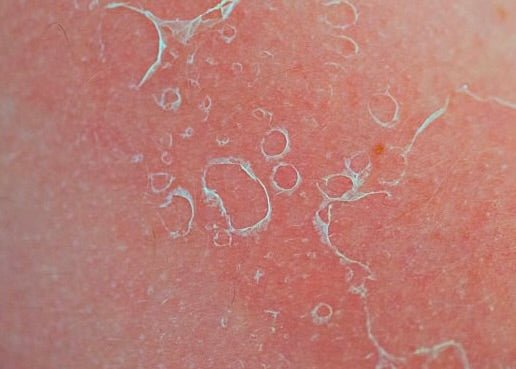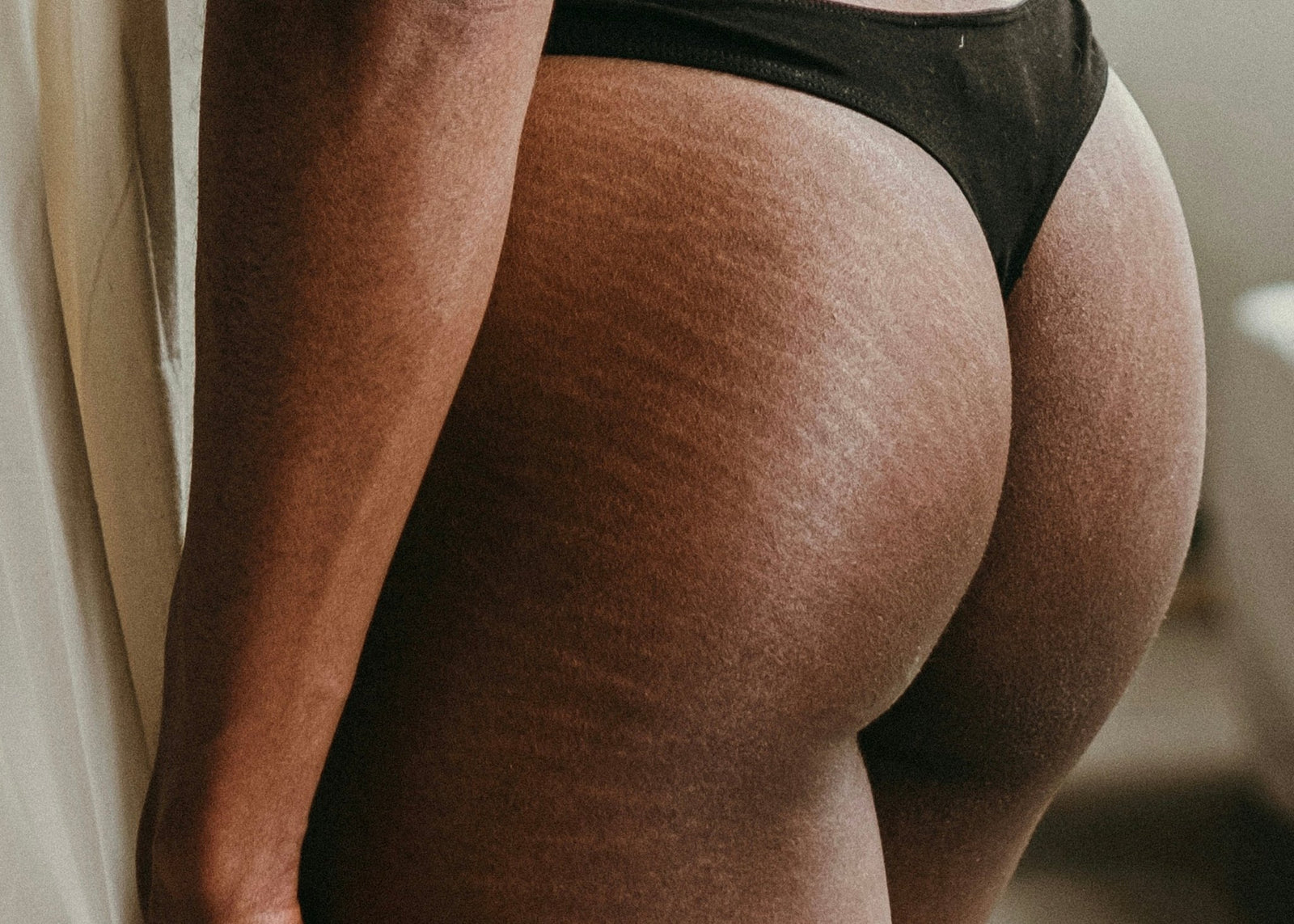
Why Is My Skin Peeling After Skincare? Causes & Remedies
Experiencing skin peeling after applying your skincare products can be a distressing occurrence. It's not uncommon to wonder why this is happening and how you can prevent it. This comprehensive guide will explore the various causes of skin peeling after skincare and provide effective remedies to address this issue.
The Science Behind Skin Peeling
Before we delve into the causes and remedies, it's crucial to understand the science behind skin peeling. Our skin is a complex organ, constantly renewing itself. Old skin cells die and flake off, making room for new cells. This process is known as desquamation. However, when this process is accelerated or disrupted, it can lead to visible peeling.
Several factors can disrupt the skin's natural desquamation process. These include the use of harsh skincare products, environmental factors like extreme weather conditions, and certain skin conditions. Let's explore these causes in more detail.
Causes of Skin Peeling After Skincare
Harsh Skincare Products
One of the most common causes of skin peeling after skincare is the use of harsh products. These products can strip the skin of its natural oils, disrupt the skin's pH balance, and accelerate the desquamation process, leading to peeling.
Ingredients to watch out for include alcohol, sulfates, and synthetic fragrances. These ingredients can be particularly harsh on sensitive skin. Instead, opt for products with natural and sustainable ingredients. Not only are these ingredients gentler on the skin, but they also have a lower environmental impact.
Environmental Factors
Environmental factors such as extreme weather conditions can also cause skin peeling. Cold, dry air can dehydrate the skin, leading to dryness and peeling. On the other hand, excessive heat and humidity can cause the skin to sweat and become oily, which can also lead to peeling.
It's essential to adapt your skincare routine to the current weather conditions. For instance, during the cold, dry months, consider using a richer moisturizer to keep your skin hydrated. During the hot, humid months, opt for a lightweight, oil-free moisturizer to prevent excess oil production.
Underlying Skin Conditions
Underlying skin conditions such as eczema, psoriasis, and seborrheic dermatitis can also cause skin peeling. These conditions disrupt the skin's natural desquamation process, leading to visible peeling.
If you suspect that an underlying skin condition is causing your skin to peel, it's best to consult a dermatologist. They can provide a proper diagnosis and recommend appropriate treatments.
Remedies for Skin Peeling After Skincare
Switch to Gentle, Natural Skincare Products
One of the most effective remedies for skin peeling after skincare is to switch to gentle, natural skincare products. As mentioned earlier, harsh skincare products can disrupt the skin's natural desquamation process and cause peeling.
Natural skincare products are typically gentler on the skin. They contain ingredients derived from nature, such as plant extracts, oils, and butters. These ingredients are not only gentle but also nourishing and beneficial for the skin. Here are some natural ingredients to look for:
- Aloe Vera: Known for its soothing and hydrating properties.
- Jojoba Oil: Mimics the skin's natural oils, helping to balance oil production.
- Green Tea: Packed with antioxidants that protect the skin from environmental damage.
Stay Hydrated
Keeping your skin hydrated is crucial in preventing and treating skin peeling. When the skin is dehydrated, it can become dry and start to peel. Drinking plenty of water throughout the day can help keep your skin hydrated from the inside out.
Additionally, using a hydrating moisturizer can help lock in moisture and prevent skin dehydration. Look for moisturizers with hydrating ingredients like hyaluronic acid and glycerin.
Protect Your Skin from the Sun
Sun exposure can also cause skin peeling. The sun's harmful UV rays can damage the skin and accelerate the desquamation process. Therefore, it's essential to protect your skin from the sun.
Wear a broad-spectrum sunscreen with an SPF of at least 30 every day, even on cloudy days. Additionally, wear protective clothing and seek shade whenever possible.
Conclusion
Experiencing skin peeling after skincare can be distressing, but understanding the causes can help you find effective remedies. Whether it's switching to gentle, natural skincare products, staying hydrated, or protecting your skin from the sun, there are several steps you can take to prevent and treat skin peeling.
Remember, everyone's skin is unique. What works for one person may not work for another. It's always best to consult a dermatologist if you're experiencing persistent skin peeling or other skin issues.
















